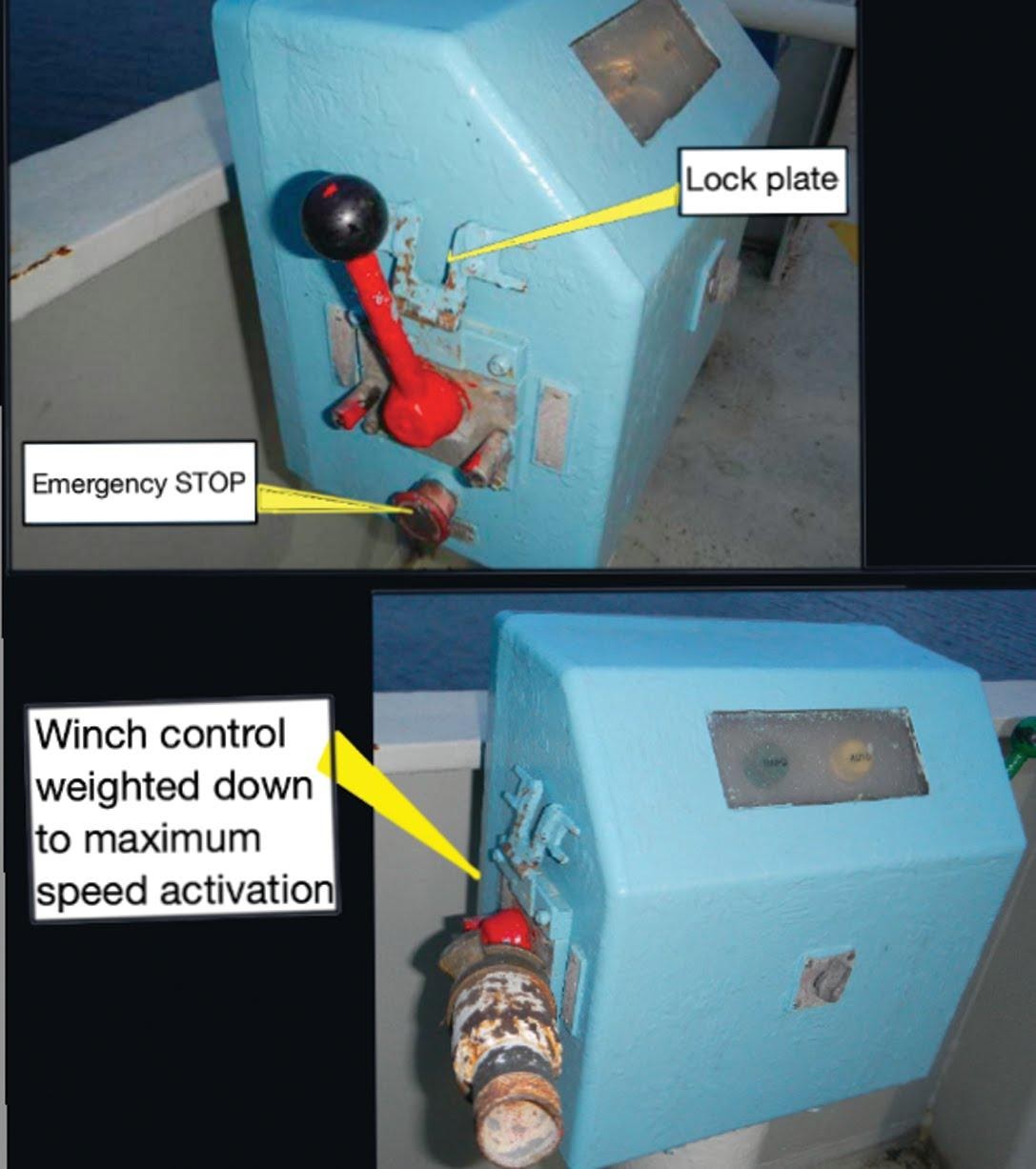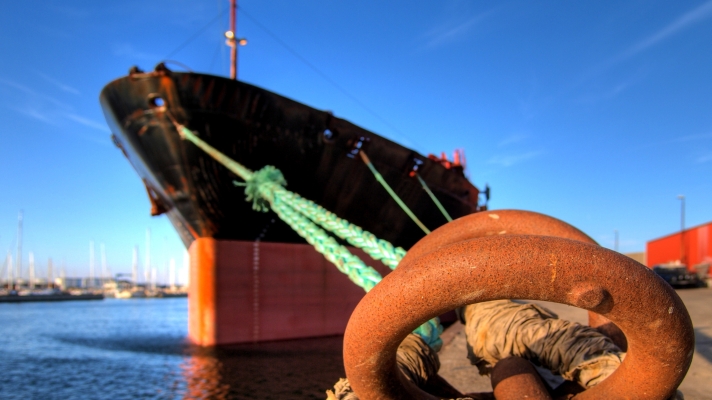Mooring a ship safely usually requires more than one person at each mooring station. In a recent Mars Report, the focus was on getting the job done instead of doing it safely. The work-around the crew member came up with unfortunately cost him his life.
The Mars reports are compiled (anonymously) by The Nautical Institute to prevent other accidents from happening. A summary of the incident:
A cargo vessel was about to depart. The master held a short briefing with the duty officer and a seaman. He informed them that they would depart without assistance from outside linesmen because the weather was good and the light winds would hold the vessel on the berth.
The deck crew for the departure consisted of an officer and two crew, as was usual on this vessel. Since no outside linesmen had been called, one of the crew was on the dock to let go the lines. No additional crew members were called on deck. The officer went forward and one crew member went aft.
The order was given to release two of the three stern lines. Both aft lines were on the same winch, so the crew member on the poop deck slacked them both at the same time. Once the lines were off the shore bollards, he started winching them to the poop deck.
During this time, the vessel moved slightly forward, so there was no tension on the aft spring bollard. The crew member on the dock took the aft spring line off the bollard as he went forward. He released the lines at the bow and came back on board just aft of the forecastle.
About this time, the master noted that the aft spring line was still lying on the quay and had not been winched in. He called the crew member at the stern over VHF radio, but received no response. He ordered the third officer to send the recently boarded crew member to the stern to check the situation.
The crew member found his colleague pinned to the mooring winch by one of the lines that he had been winching inboard, unresponsive and bleeding heavily from several places. The control lever for the winch was held down by a weight to keep it in the position for maximum winch speed. He immediately called for help and engaged the emergency stop on the winch.

The winch was held down by a weight to keep it in the position for maximum winch speed.
The crew member who found the victim had to cut the mooring rope to free him. By the time the officer arrived the victim had been freed and first aid was administered. Using a stretcher, they moved the victim inside the vessel. An ambulance arrived and the victim was taken to hospital where his condition was stabilised. Unfortunately, due to the serious internal injuries he had sustained, he died two months later.
Investigation findings
The official investigation found, among other things, that:
- The crew member working the lines on the poop deck was working alone on a slippery deck.
- The two aft lines were winched home simultaneously with the winch control lever locked to high speed, probably because the victim wished to stow them at the same time as winching in.
Advice from The Nautical Institute
- Ensure sufficient crew are present during mooring operations to guarantee safe working conditions. This will usually require more than one person at each mooring station.
- The winch operator must have full control of all activity as ropes are taken in on the winch drum. When using a winch drum with a loose rope, one person must be at the end of the drum and another person must be standing at least one metre behind to manage the slack. With the winch operator, this makes three.
- Deck surfaces where mooring activities are carried out must be slip-resistant.
Using a weight to keep the winch control in operation while the lone crew member handled the lines was apparently a common practice on this vessel. This type of work-around is typical of human nature; we all want to accomplish the task required of us. If you are bypassing safety mechanisms while trying to do your work, STOP and ask yourself, ‘Is this really safe?’ In almost every case the answer will be no.
Mars Reports
This accident was covered in the Mars Reports, originally published as Mars 202012, that are part of Report Number 329. A selection of this Report has also been published in SWZ|Maritime’s April issue. The Nautical Institute compiles these reports to help prevent maritime accidents. That is why they are also published on SWZ|Maritime’s website.
More reports are needed to keep the scheme interesting and informative. All reports are read only by the Mars coordinator and are treated in the strictest confidence. To submit a report, please use the Mars report form.








